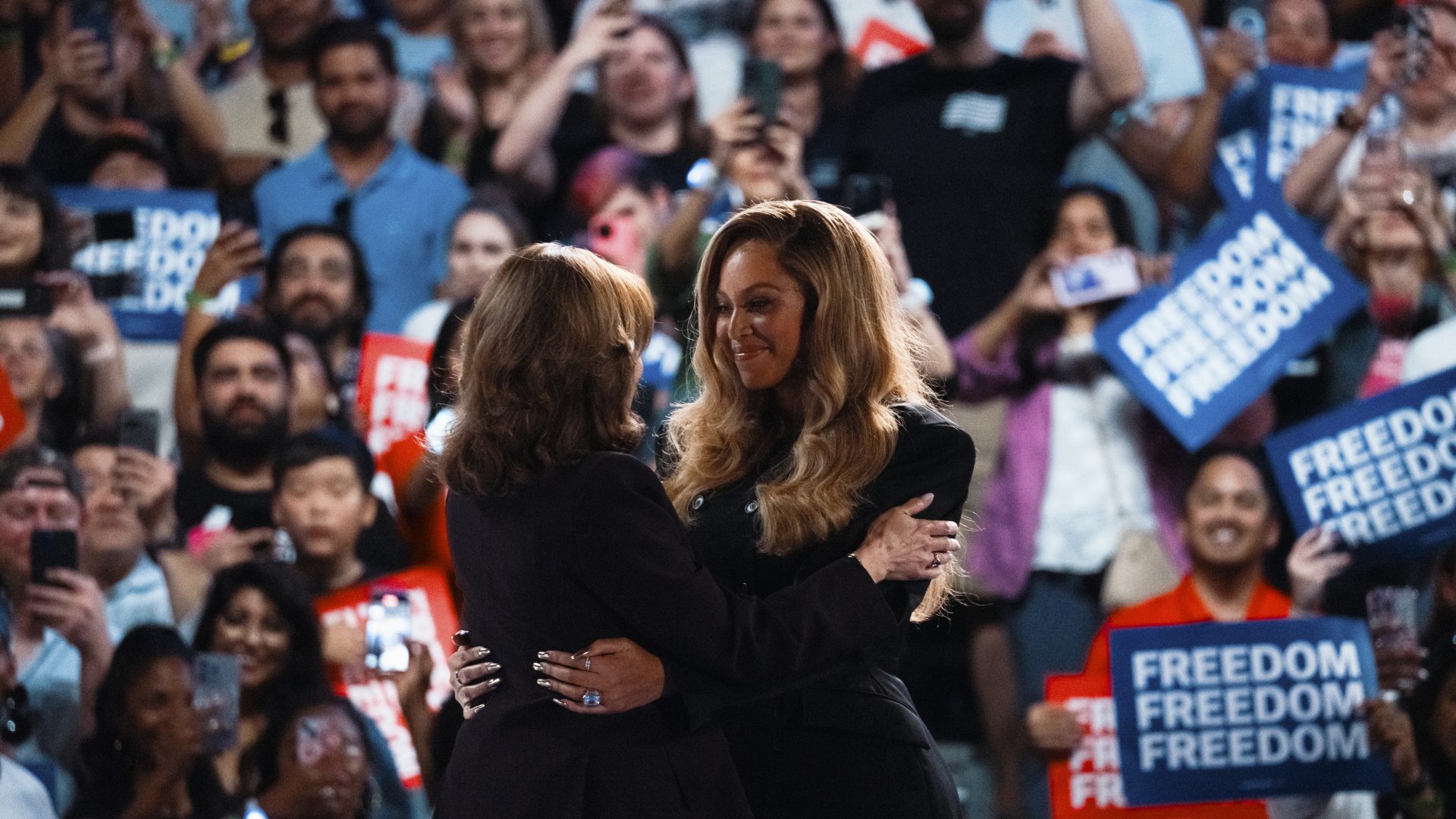
Pop culture and politics are very much intertwined, and there’s no way around it. In recent years, stars have become more vocal about injustices. It’s now typical and even expected that our generation’s influencers speak up about trending issues. But until recently, celebrities’ involvement in politics was for the plot and not out of moral obligation. They did it because they wanted to and not out of fear of getting canceled. But as the country has become polarized on significant issues, knowing the impact of their voice, do celebrities and famous creators owe their fanbase advocacy?
Celebrities used to fear losing their likeness if they stood up for social causes, and now they fear not standing up for a social cause. Influencers whose audience is primarily Gen Z are expected to share the same takes as them. Though Gen Zers are not a monolith, research says environmental justice, gun safety, and quality education are their most pressing issues. Since 58% of Gen Zers believe a brand is doing nothing or hiding something, if they don’t communicate their actions to address societal problems— they will quickly disassociate and influencers are a brand. The goal is not for influencers to support for support’s sake but to genuinely care about the issues. Because what good human wouldn’t advocate for fundamental rights? Or at least that’s what GenZ believes, making it easy for them to justify canceling their favorite influencer for not being ‘on their side.’ We’ve seen this play out since the election results came in. Timelines have been consumed by which superstar endorsed whom and which influencers voted for whom. TikTok investigators have been tracking their favorite stars’ likes and noting if they’ve been silent. If the pieces fit that they’re more than likely Trump supporters, they’ve been getting called out for not standing on the right side of history. A wave of users have been unfollowing those creators because of who they potentially voted for.
Nara Smith is one of them. Her fanbase is scrubbing her from their timeline because a user discovered her husband reposted conservative content, assuming their family supports Trump. Since Trump has a history of spewing misogynistic and discriminatory rhetoric, it’s almost unbelievable that anyone would support him, especially to Gen Z, the generation known for advocating for equity. Therefore, they do not want to support those who haven’t disqualified him from operating in the highest office of the United States because of his reprimandable behavior.
This is not the first time this election season that Gen Z has become disheartened by the political choices of their favorite celebrity. Beyoncé was catching a lot of heat when she endorsed Kamala Harris at a rally in Houston after being characterized as ‘apolitical.’ Some of her fans were upset because she never took a stand against Israel but gladly supported Harris, who has ‘not done anything’ to stop the war. Twitter users were in an uproar about her actions. She was branded as complacent for remaining silent and has been put on the chopping block by some of her biggest supporters.
Becoming a person of influence immediately qualifies you to become politically aware. There’s no running from that in 2024. Any celebrity should have a pulse on culture. But is advocacy or caring about the same issues as fans the responsibility of influence? Whether the celebrity personally believes in the cause or not. Everyone wants to feel good about who they support, but that doesn’t mean the celebrity should be mandated to make their fans feel good about supporting them. But you’d think they want to stand up for social issues regardless, right? That’s the continuous dilemma.
About the Author: Shelby Denise Smith is a Social Media Editor and Freelance Writer. She’s passionate about lifestyle, wellness, travel, and culture. Smith enjoys packaging the insight she receives into stories that can positively impact the livelihood of others.